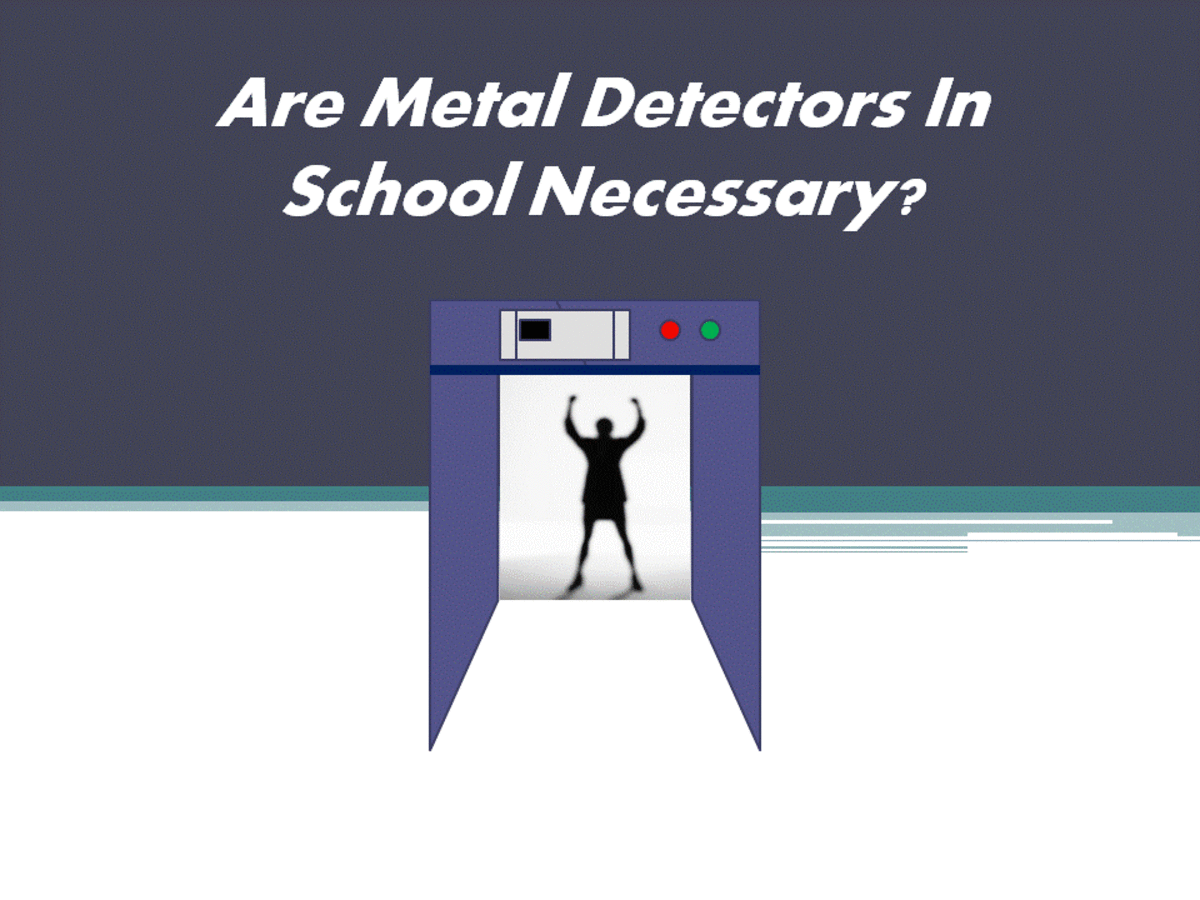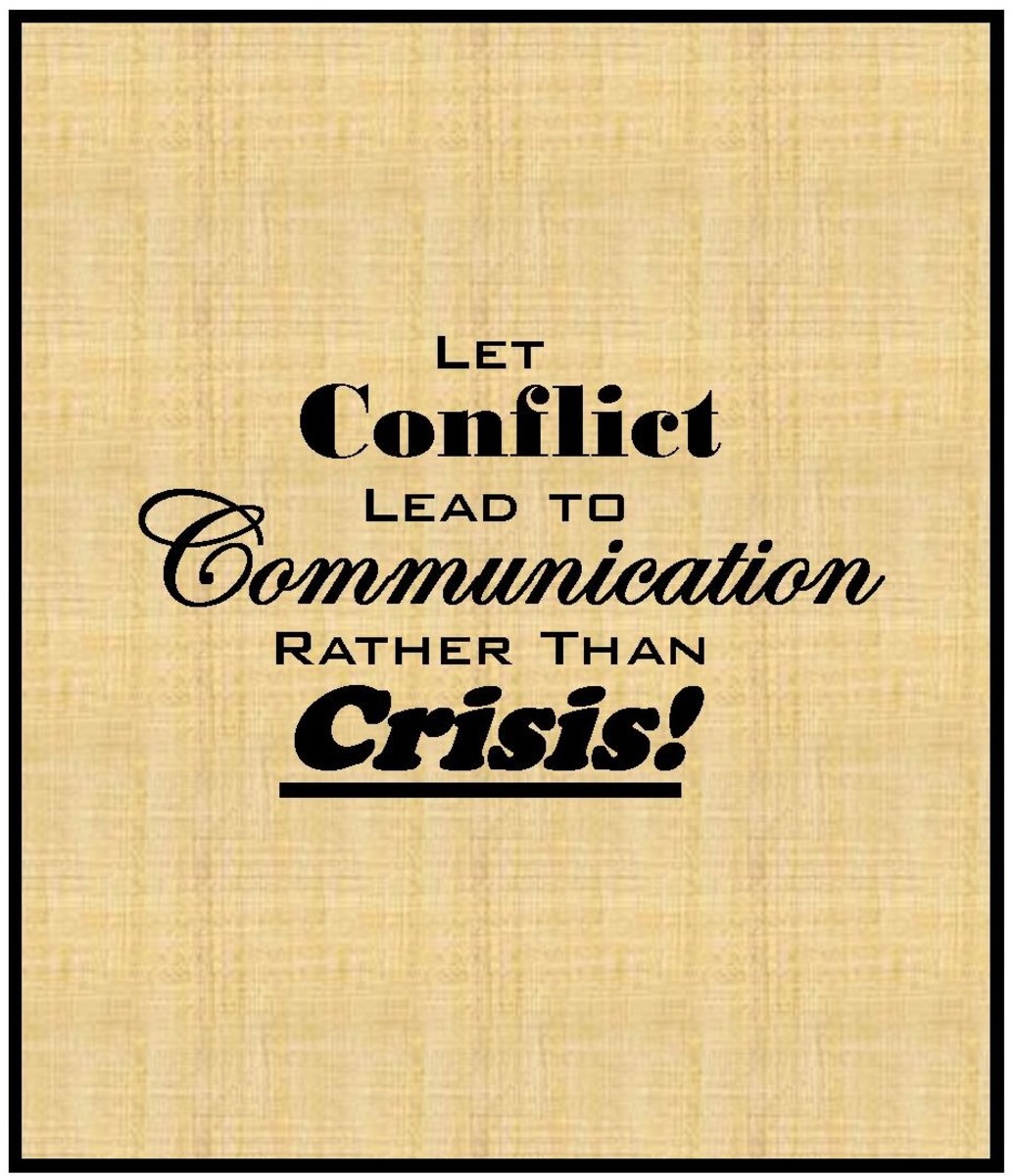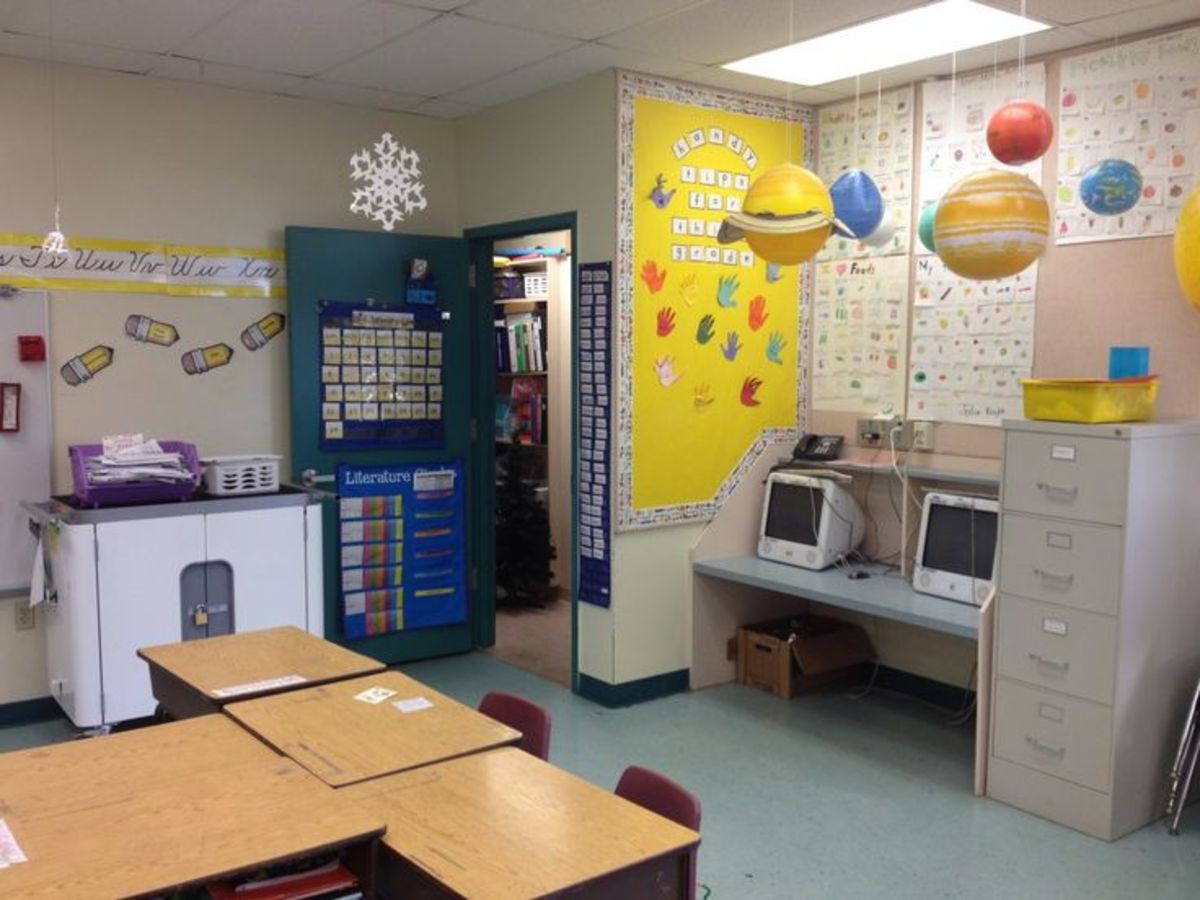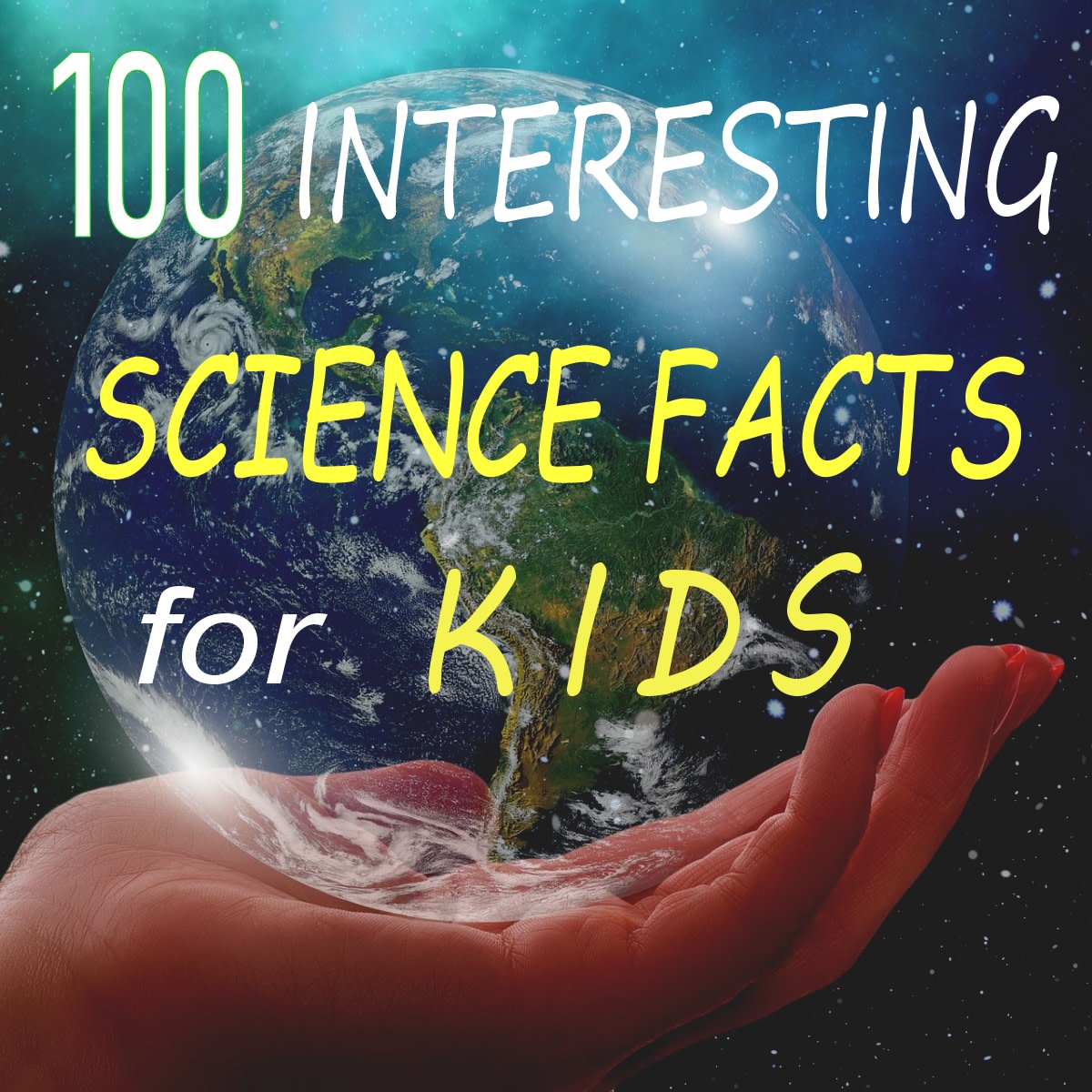School Violence, Aggression, Peace and Reconciliation, and Values in Conflict Resolution
This is simply a list of professional journal articles available for those that are students like me, or are just looking for some worthy article on these topics. Enjoy!

School Violence
Centers for Disease Control and Prevention - http://www.cdc.gov/ncipc/dvp/YVP/school_violence.htm
This website describes school violence and provides a variety of resources to better explain school violence in a variety of environments and subjects. This site provides studies and statistics relating to school violence, research and information relating to the topic and even prevention resources.
United States Department of Health and Human Services - http://mentalhealth.samhsa.gov/schoolviolence/safeschools.asp
This website also provides a variety of resources to the public raising awareness about programs available for the prevention of violence in schools and efforts being made to reduce these acts, as well proving information on current trends in school violence and how to help children. What I liked the most about this site was all of the articles available on how to manage the anxiety in children causing this violence giving tips to parents and teachers for helping these students.
California Association of Human Relations Organizations - http://www.cahro.org/?s=school+conflict
This group uses their website to inform leaders about the Resolving Conflict Creatively Program (RCCP)established by the Educators for Social Responsibility, emphasizing that the techniques used in the program have worked in many other locations, yet will only work if a school district sticks with it and sees it to the end.
Kids Health - http://kidshealth.org/parent/emotions/feelings/school_violence.html
This website is obviously for parents. It seems as if they have made it a point to begin by calming parents fears about their children possibly encountering violence at school and then walks them through how to prepare their kids for the eventuality and how much to expose them to. It also calms parents fear about all of the efforts being put into the schools in their areas to prevent violence, keep the kids safe and teach the kids how to prevent it.
Lifestyle - http://www.associatedcontent.com/article/371280/understanding_school_violence_trends.html
This author wrote an article trying to inform the public about what most parents and teachers are saying is causing the trend in schools towards violence and how their beliefs are actually what is causing the violence. She covers many topics including religion, saying that parents and teachers believe that having taken religion out of schools was one reason for the increase, arguing that people like that are what was causing the argument breaking out in schools over religion. Not worth reading all the way through.
Georgia Psychological Society - http://www.gradebook.org/violence.html
This author just seemed to be railing on throughout his article about what violence really was and how it seemed to be in everyone’s culture, religion, belief system and even instinct. He relates violence to the Crusades, to trying to make the world Christian and those that thought just the opposite, to the World Wars and even stress. In his world, violence is standing up for what is right, not being able to handle anymore and even trying to reduce the violence by getting rid of the violent people.
John Mark Ministries - http://jmm.aaa.net.au/articles/981.htm
This article tells the story of a high school student giving his opinion of school violence. He reveals a story of being unpopular, being picked on, and being ignored for his contributions. He states that people are blind for claiming that it is the result of video games or movies that children are being violent. He believes that it is simply children being bullied by those thought of as popular, and ignored for their achievements having had enough and trying to get the attention of those they need the most.
Aggression
Centers for Disease Control and Prevention - http://www.cdc.gov/Features/ElectronicAggression/
This author discusses a type of bullying called electronic aggression that focuses on a new type of aggression seen in teens due to the technology available to them. This article talks about all of the benefits that technology affords us and how it is being abused by teens in new ways through embarrassing, harassing and cyber bullying of peers. The article also states efforts schools are putting into this situation.
National Institute of Child Health and Human Development - https://www.nichd.nih.gov/publications/pubs/documents/seccyd_06.pdf
This article refers to a study conducted on the effects of small group counseling on conflict resolution strategies amongst middle school students. The study also included interviewing the parents of these students about their strategies for handling conflict and what they share with their students on how to handle conflicts.
Center for Aggression Management - http://www.aggressionmanagement.com/PDF_Files/Aggression_in_Our_Schools.pdf
This author is obviously battling the efforts of schools to react to the violence around them and to teach conflict resolution for the “aftereffect” the violence has caused. Instead, he insists that we prevent the aggressive behaviors before they happen by teaching violence prevention and by identifying the students that need help before they act.
Adults and Children Together Against Violence - http://actagainstviolence.apa.org/specialtopics/earlyrisers.html
This is another study being conducted on aggressive behaviors in young children. In this study, children are identified in the kindergarten year as being prone to aggressive behaviors and the students and their parents are then put through a program supporting these groups to prevent these behaviors in the future. The study stated that many of these groups do not benefit however, due to the lack of commitment to the program on the part of the parents.
American Academy of Child and Adolescent Psychiatry - http://www.aacap.org/cs/root/facts_for_families/understanding_violent_behavior_in_children_and_adolescents
This article stresses the need for adults to take the violent behaviors of even preschoolers very seriously. The author describes behaviors to watch out for and how to handle them when seen. He stresses that these behaviors will continue and not to put them aside easily as something the child will grow out of.
Focus on the Family - http://www.focusonthefamily.com/entertainment/mediawise/tv-and-todays-family/beyond-aggression-how-tv-violence-can-affect-your-child.aspx
This article makes a clear case for violence on TV and the effect it has on our children. Not that TV causes all violent and aggressive acts in children but the author does make a point that children follow by example. Cartoons and movies refrain from showing consequences to aggressive actions but only reward or treat as normal any violent acts that are committed and therefore, children act and react on playgrounds and in other situations with others without realizing that really bad things can and will happen when you hit, kick, or push another.
Health Resources and Services Administration - http://www.stopbullyingnow.hrsa.gov/HHS_PSA/pdfs/SBN_Tip_2.pdf
This site addresses bullying behaviors in children and how participating in a community of faith teaches students how to handle bullying as well as how to relate to others in the way of tolerance, respect, acceptance and love. The site also gives tips for helping families deal with bullying.
Focus on the Family - http://www.focusonthefamily.com/parenting/schoolage_children/understanding_your_childs_personality/anger_and_fighting.aspx
This article talks about a feeling of inferiority in adolescents being the cause of aggressive behaviors. It describes the two reactions to this feeling that may surface. He says that in shy, quieter kids, they will withdraw and be the victim, whereas in more aggressively prone children, they will fight and end up turning into a confirmed fighter if the problem is not addressed.
Quick Poll
What interested you in this article?
Peace and Reconciliation
U.S. National Library of Medicine: National Institutes of Health - http://www.ncbi.nlm.nih.gov/pubmed/8909621
Wow. This site describes a program in affect in schools to support 6th, 7th, and 8th grade students and teach them violence prevention strategies. The study done intends to show that students that receive this four part intervention program will have a severe reduction in aggressive behaviors versus those students only exposed to the typical school program for violence prevention.
The White House: One America-Middle School Institute for the Study of World Peace - http://clinton4.nara.gov/Initiatives/OneAmerica/Practices/pp_19980915.4077.html
This article discusses a program called the Peace Institute that it taught alongside and through all academic subjects in school to teach middle schools students about peace and peaceful ways to handle situations allowing for teachers to end situations before they even start in the school. The article discusses the great accomplishments made through this program in students by saying that they “seek a nonviolent alternative to the conflicts they face in their lives, and become advocates for peace in their families, communities, and workplaces.”
Educators for Social Responsibility - http://esrnational.org/professional-services/after-school/
This article defines and explains a program offered to schools to use in their after-school programs to integrate peacemaking activities into learning strategies in order to help after-school programs complement the daily school objectives as well as provide enriching and entertaining activities for the students.
The Washington Post - http://newsweek.washingtonpost.com/onfaith/eboo_patel/2008/05/schools_that_build_peace.html
The author of this article discusses the merits of the United World College system where “Service-learning, conflict resolution and environmental sustainability are a part of the curriculum at all the schools, but each one also has a unique focus.” This is a set of schools devotes itself to unite people and their cultures from all over the world, seeing that each school has a representation of at least 85 countries in its student body, in peace.
Northern Ireland Commission for Catholic Education - http://catholiceducation-ni.com/content/view/14/28/
In Northern Ireland, the Catholic schools in the area are not only opening their doors to children of all faiths and religions but are promoting programs for all children in which they are combining education with a desire for tolerance, peace and reconciliation amongst all in Northern Ireland.
Family Education - http://school.familyeducation.com/tv/tvsearch.php?fmt=global&keywords=violence&GO=search
This article congratulates a school, once known for its conflicts and for first-graders being led out in handcuffs, for its amazing efforts and successes in developing and implementing a Peace Program at their school that has actually shown dramatic improvements. They point out that this school was so successful because it involves the students, the teachers, and all of the school staff, including the cafeteria workers, all working together to keep the peace at the school.
Values in Conflict Resolution
Ohio State Government: Springfield City Schools - http://disputeresolution.ohio.gov/pdfs/SpringfieldCitySchools.pdf
This article discussed a Conflict Resolution Program put on by the Commission on Dispute Resolution in Ohio, given as professional development to all administrators, counselors, teachers and parent representatives in the school district. The program made each of the participants aware of the fact that disputes and aggression were not simply the result of interactions between two students or a student and a teacher, but also between members of the staff and staff and parents. This was an eye-opener.
Organization for Cooperative Learning - http://www.co-operation.org/?s=school+conflict
This article defined conflict and gave tips for productive conflict resolution. One things that this article did to stand out from all of the others though, is that it gave positives for conflict, including learning mistakes and growing from the experience.
The Graduate School at Michigan State University - http://grad.msu.edu/conflictresolution/
This website promotes a conflict resolution program to graduate students at their school in order to improve productivity, improve relationships between faculty and students and to improve the quality of education for the students. The website offers conflict resolution strategies, reasons to get involved with the program and how to get involved.
Organization for Conflict Resolution Education - http://www.creducation.org/cre/global_cre/cultural_aspects_of_cre
This article was confusing. It argued that conflict resolution programs would not be successful unless they were more culturally sensitive, and then requested information on a variety of topics to be included in this new, more culturally sensitive conflict resolution program. The author then turned to Peace Programs and how the introduction to faith in these programs would help teach peace and reconciliation before offering registration for the Peace Program.
Family Education - http://school.familyeducation.com/learning-disabilities/treatments/37806.html
This article brings to light a problem with conflict resolution in that parents are avoiding conflict when it comes to their children and the education they are being given, inevitably teaching this to their children. The article urges parents to engage in conflict when they are standing up for what they believe in, especially when it comes to their children, only in the name of compromise and everyone winning in the end.

© 2013 Victoria Van Ness








